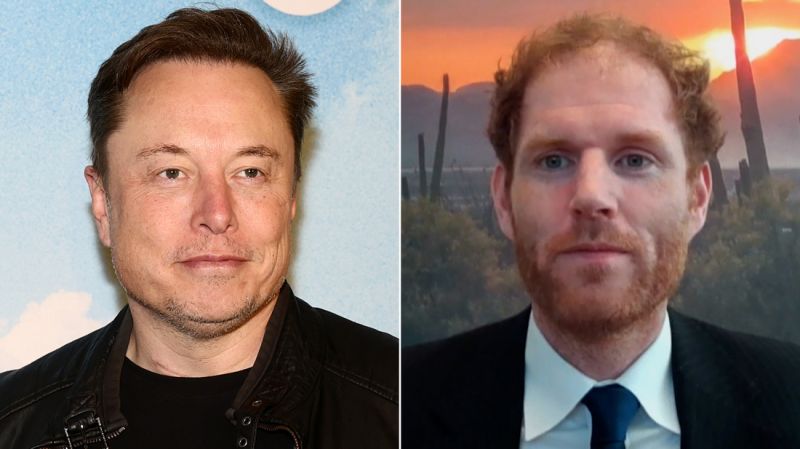Maricopa County recorder Stephen Richer recently criticized CEO Elon Musk for retweeting a false voter conspiracy that claimed over 200,000 undocumented migrants had registered to vote in Arizona. Richer, who serves as an election official in Arizona, was quick to fact-check the claims and debunk the misinformation spread by Musk. The accusation of widespread voter fraud in Arizona was found to be inaccurate and unsubstantiated, shedding light on the importance of fact-checking and verifying information before sharing it with a wide audience.
This incident highlights the potential impact of influential figures like Elon Musk spreading false information online. As a prominent CEO with a large social media following, Musk has the ability to reach and influence a significant number of people. When false claims are retweeted by individuals with a wide reach, they can quickly gain traction and spread misinformation to a larger audience. This underscores the importance of verifying information and being cautious about sharing unverified claims, particularly when they pertain to sensitive topics like voter fraud.
Election officials like Stephen Richer play a crucial role in ensuring the integrity of the electoral process. By fact-checking and debunking false claims about voter fraud, officials help to safeguard the democratic process and maintain public trust in the electoral system. Richer’s swift response to the misinformation retweeted by Musk demonstrates the importance of holding individuals accountable for spreading false information, even if they are high-profile figures. The incident serves as a reminder of the responsibility that comes with having a platform and the need to exercise caution when sharing information online.
In the era of social media and instant communication, false information can spread rapidly and have far-reaching consequences. The dissemination of misinformation about voter fraud can undermine public trust in the electoral system and fuel conspiracy theories. By fact-checking and debunking false claims, election officials can work to prevent the spread of misinformation and protect the integrity of the voting process. It is essential for individuals with platforms like Elon Musk to be mindful of the potential impact of the information they share and to prioritize accuracy and truthfulness in their communications.
The incident involving Elon Musk and the false voter conspiracy also highlights the importance of media literacy and critical thinking skills. In a digital age where misinformation is rampant, it is essential for individuals to critically evaluate the information they encounter online and verify its accuracy before sharing it with others. By developing strong media literacy skills, individuals can better navigate the vast amount of information available online and distinguish between reliable sources and misinformation. This can help to combat the spread of false information and promote a more informed and discerning public.
Overall, the incident involving Elon Musk and the false voter conspiracy underscores the importance of accountability, fact-checking, and critical thinking in the digital age. By holding individuals accountable for spreading false information and verifying the accuracy of claims, we can work to combat the spread of misinformation and protect the integrity of the electoral process. It is essential for individuals, particularly those with large platforms, to prioritize accuracy and truthfulness in their communications, and for the public to develop strong media literacy skills to navigate the complex digital landscape. Ultimately, by working together to promote factual information and combat misinformation, we can strengthen public trust in the electoral system and safeguard our democratic institutions.


